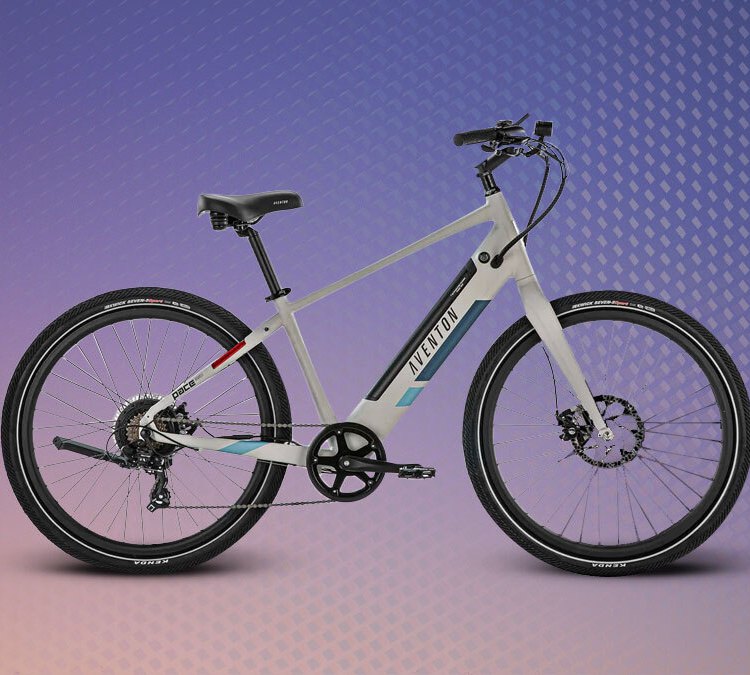The effects of the pandemic have cropped up in a number of ways — and not just in the form of regulations on masking and social distancing. There’s also a chip shortage going on that’s affecting a host of industries. A report from The Verge earlier this month cited “trickled-down delays from COVID-19 shutdowns of factories last year, a surge in demand from customers stuck at home during the pandemic who want new laptops, along with more political issues like former President Trump’s trade war with China” as contributing factors.
One place where this has had a significant impact is on the auto industry. A new Autoblog article (via Reuters) helps explain why a global shortage of chips has, paradoxically, led to short-term gains for automakers.
The shortages have led many customers to place orders early and with little negotiations. Buick-GMC dealer Mike Bowsher described the process. “We are selling stuff so far up in the pipeline that they’re putting money down on ‘in-process,’ which is in the plant,” he recalled — making for a boom in his business, given that these customers are willing to pay the full sticker price.
The chip shortage has caused auto manufacturers to slow down production. A reduced supply makes for greater demand for the cars and trucks that are being made — and creates more competition for them. Hence, a boom time for dealers around the country. Used cars are also seeing an uptick in demand.
Substantial questions remain, though. Will the boom times last, or will they be followed by a much leaner period? And will the shifts in car buying taking place now lead to significant changes in how cars are sold in the years to come? Just as cars and trucks are in a constant state of flux, so too is the industry surrounding them.
Thanks for reading InsideHook. Sign up for our daily newsletter and be in the know.

















